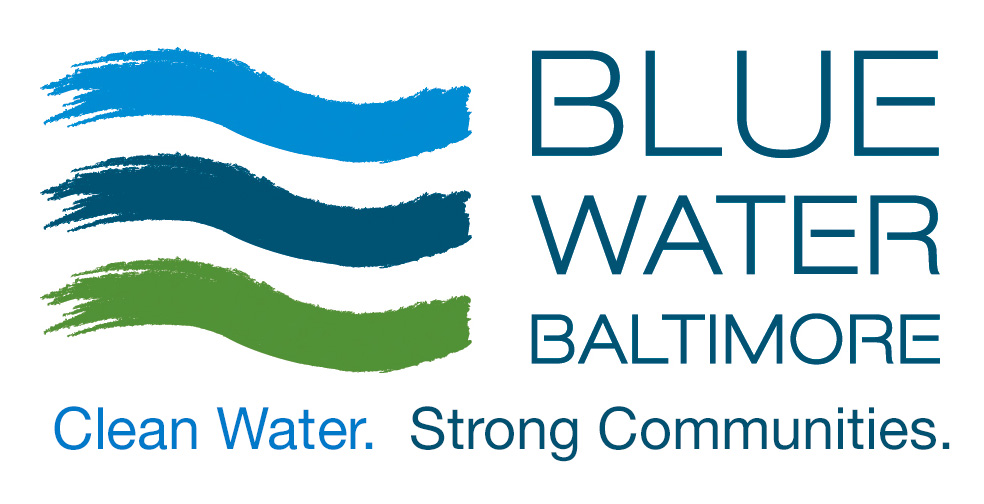Press Release: Blue Water Baltimore, Chesapeake Bay Foundation to Appeal Stormwater Permit Decision
FOR IMMEDIATE RELEASE: September 13, 2022
Contact:
Chris Landers
Blue Water Baltimore
(410) 357-1407
[email protected]
AJ Metcalf
Maryland Media and Communications Coordinator, Chesapeake Bay Foundation
443-482-2023
[email protected]
BLUE WATER BALTIMORE, CHESAPEAKE BAY FOUNDATION TO APPEAL CIRCUIT COURT STORMWATER PERMIT DECISION
BALTIMORE, MD—Last month, the Circuit Court for Baltimore City denied a petition from Blue Water Baltimore (BWB), the Chesapeake Bay Foundation (CBF), and two City residents, to strengthen the municipal stormwater permit for Baltimore City. Issued by the State of Maryland, these permits set limits on the discharge of pollutants into Baltimore’s waterways through the storm sewers. Given the magnitude of the impacts of polluted runoff on the City’s waterways and residents, we intend to appeal this decision.
The current permit, which under this decision is allowed to stand, does not do enough to curb either the pollution or the harmfully high volumes of stormwater routed through the system every time it rains. Our belief is that it is legally deficient under the terms of the Clean Water Act, and the City’s plan, in part, to reduce pollutants by sweeping streets and storm drains, is woefully inadequate. Data collected by BWB over the last decade shows an increase in the amounts of nitrogen, phosphorous, and other sediments in Baltimore’s waterways.
Furthermore, street sweeping does nothing to reduce the volume of stormwater, thereby missing a critical opportunity to reduce flooding across Baltimore City. Making matters worse, the city’s permit, issued last year by the Maryland Department of the Environment (MDE), also fails to take into account the most recent forecasts of the effects of climate change, which will only worsen urban flooding that endangers the health and property of city residents.
“We’re deeply disappointed by the Court’s decision,” said Blue Water Baltimore Executive Director Tony Bridges. “MDE needs to take into account not only the future effects of climate change, but the currently overwhelmed and crumbling infrastructure, and the burden of this failure falls disproportionately on the residents who are least able to afford it.”
“MDE’s failure to require Baltimore City to adequately address stormwater runoff has clearly damaged residents’ homes and lives,” said Paul W. Smail, Director of Litigation for Chesapeake Bay Foundation, “Pollution from stormwater is the largest source of pollution continuing to increase. As a result of climate change and ineffective management, the amount of pollution from stormwater is expected to exceed pollution from sewage treatment plants by 2025. That’s bad news for the Patapsco River and Chesapeake Bay.”

